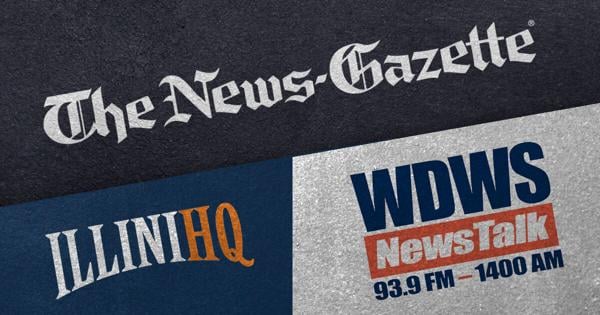
The invasion of privacy continues endlessly.
Again, anyone with an internet connection should know.
As the saying goes, “If the product or service is free, you are the product.”
A reader asked me my opinion on Windows 11. Windows 11 is coming in 2021. Six years after Microsoft announced Windows 10 would be the final version of the Windows operating system.
Instead of charging $150-$200 to purchase the Windows operating system, Microsoft offered free upgrades from previous versions of Windows to Windows 10, and now from Windows 10 to Windows 11.
The latter is marked with an asterisk that requires the PC to meet certain technical and security requirements.
Most PCs that are 5+ years old will meet the requirements, or may meet the requirements with a few tweaks.
So what’s wrong with free?
Until Windows 11, you could log on to your PC privately and anonymously using a “local account,” meaning an account on your PC.
Starting with Windows 11, Microsoft requires you to log on via your Microsoft account over the internet.
Apple has requested this for years.
Microsoft initially made an exception for users of the premium version of Windows 11 Pro.
Recently, Microsoft announced that Windows 11 Pro will soon require logon with a Microsoft account as well.
So there is no such thing as a “free” upgrade as you are agreeing to be spied on by Microsoft. Just to be clear, this is pretty common.
Nearly all free online services like Google and Facebook know all about you.
Although you can use the Duck Duck Go search engine to hide your online browsing, you are not protected when participating in other Google services.
If you want a more private operating system, consider Linux. However, it is incompatible with many popular software packages.
Coming back to our reader’s question about Windows 11, this is an improved version of Windows 10.
It uses the same core code.
It looks better on screen, offers stronger security, and is slightly faster than Windows 10.
Microsoft has made cosmetic changes to the taskbar, start menu, and desktop.
Most of them can be reverted to Windows 10 layout via settings or free third party applications (apps).
Microsoft has committed to supporting Windows 10 for another three years, so there’s no rush to move to Windows 11 unless you buy a new PC.
Conversely, there is no downside other than having to log on using a Microsoft account.
As it happens, Windows 12 will probably arrive in early 2026.
Another reader question concerns interference with mobile phone broadcasts and cable TV.
According to the US government’s National Institute of Standards and Technology (NIST): Under certain conditions, broadband 4G/LTE signals can cause significant interference to telecommunications equipment, causing problems ranging from occasional pixelated images to complete loss of connection to your service provider. ”
This is not limited to cable TV.
Over the past few years, the FCC has reallocated most TV channels, packing them closer together to give more space to cellular communications, or mobile phones.
There used to be plenty of empty space between the broadcast TV channel and the cell signal.
Now they are close neighbors.
The FCC has also cut TV broadcast power in some cases.
In addition, moving the TV channel down the broadcast spectrum changed its propagation characteristics. This means that reception quality can change.
If you suspect that LTE/5G cellular may be interfering with your TV reception, a small in-line antenna filter may solve the problem.
These filters range from cheap $10 Chinese imports on Amazon to $25 Channel Master versions.
Some of the newer TV antennas have built-in LTE filters.
NIST’s Jason Koder said:
